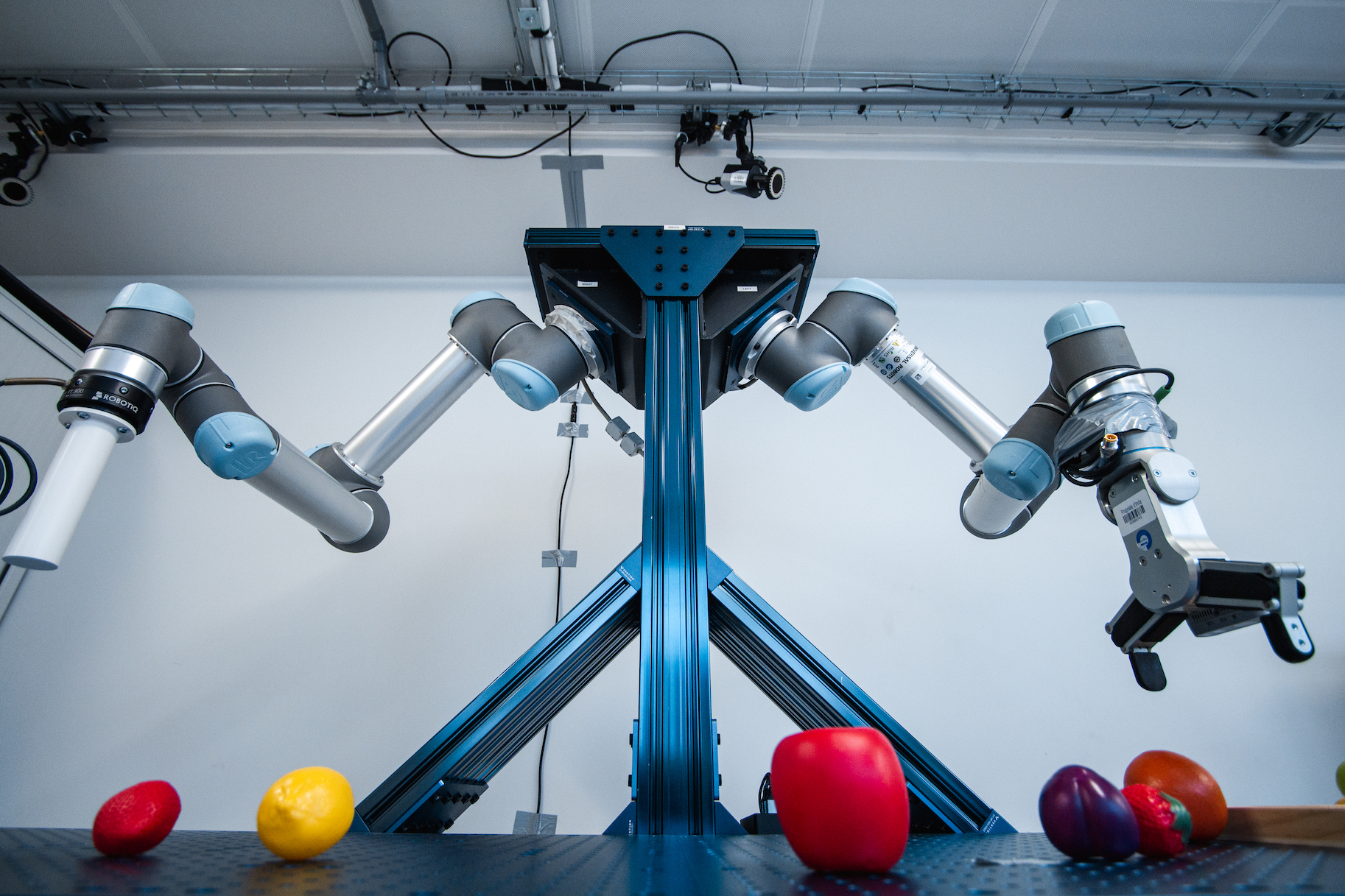Beyond Daily Yonder: Insights and Updates
Exploring daily news and insightful information from various fields.
When Robots Dream: A Peek into the Future of Automation
Discover the thrilling future of automation in When Robots Dream. Are you ready to explore what tomorrow holds for technology and our lives?
Understanding the Impact of Automation: How Robots Will Shape Our Workforce
As we delve into understanding the impact of automation, it's essential to recognize how robots will revolutionize various sectors of the workforce. Automation is no longer a distant concept; it has become an integral part of modern industries. According to a report by the McKinsey Global Institute, up to 25% of current jobs in the U.S. could be automated by 2030. This shift presents a dual challenge: while it can enhance productivity and reduce operational costs, it also raises concerns about job displacement and the skills gap.
Moreover, the transformation brought on by robots requires us to rethink our approach to workforce development. Upskilling and reskilling initiatives are crucial to equip employees with the necessary skills to thrive alongside technology. According to the World Economic Forum, more than 85 million jobs may be displaced, but 97 million new roles could emerge, focusing on teamwork with automated systems. As businesses adapt, understanding the balance between human and machine collaboration will shape a resilient workforce for the future.

The Future of Work: Will Robots Really Replace Human Jobs?
The concept of robots replacing human jobs has been a topic of intense debate in recent years. As advancements in artificial intelligence and robotics continue to accelerate, many people fear that machines will take over tasks traditionally performed by humans. While it is true that automation can efficiently handle repetitive and mundane tasks, experts argue that this shift will not lead to widespread unemployment. Instead, jobs may evolve into roles that require more critical thinking and creativity. A report by the World Economic Forum highlights that millions of new jobs will be created as a result of technological advancements, which may alter the landscape of work rather than eliminate it entirely.
Moreover, humans possess qualities such as empathy, ethical reasoning, and interpersonal skills that robots cannot replicate. For instance, professions in healthcare and education require human interaction and emotional intelligence, which are essential for effective service. As automation handles routine tasks, professionals will have more time to focus on complex problem-solving and engaging with clients and colleagues. Thus, rather than fearing a future dominated by robots, individuals should adapt by acquiring new skills that complement technological advancements and prepare for a collaborative working environment between humans and machines.
Exploring the Ethics of Automation: What Happens When Robots Dream?
The rise of automation in various industries raises profound ethical questions that challenge our understanding of work and the role of technology in society. As robots become increasingly capable of performing tasks traditionally done by humans, we must consider the implications of their autonomy. What happens when robots dream? This phrase, often used metaphorically, prompts us to think about the ethical responsibilities we have toward advanced artificial intelligence (AI) systems. Are they merely tools, or do they possess a semblance of rights? The potential for machines to make decisions on their own necessitates discussions about accountability and AI ethics, which must be deeply rooted in our societal values.
The implications of automating jobs can lead to significant shifts not only in the workforce but also in the ethical landscape. With robots taking on roles in sectors such as healthcare, manufacturing, and even creative fields, we must ponder the consequences for human employment and identity. Exploring the ethics of automation involves grappling with the idea of a future where machines could potentially entertain dreams, desires, or even creative impulses. Could they replicate human essence, and if so, do we owe them any form of moral consideration? As articulated in Forbes, asking these questions is necessary for comprehending our evolving relationship with technology and ensuring that innovation serves humanity rather than undermines it.